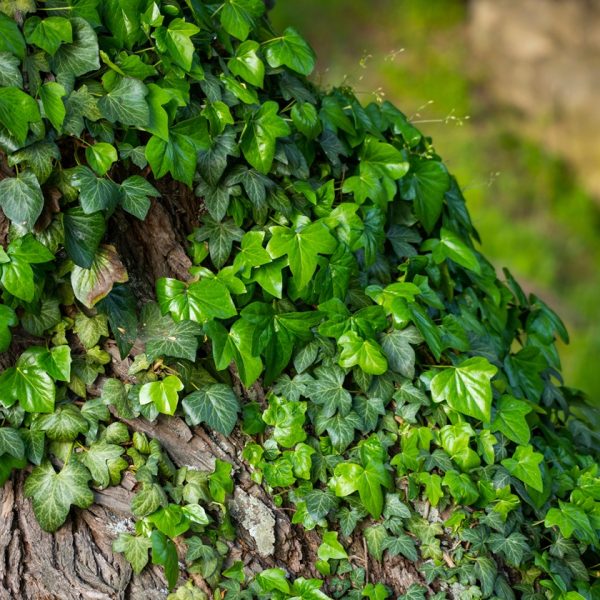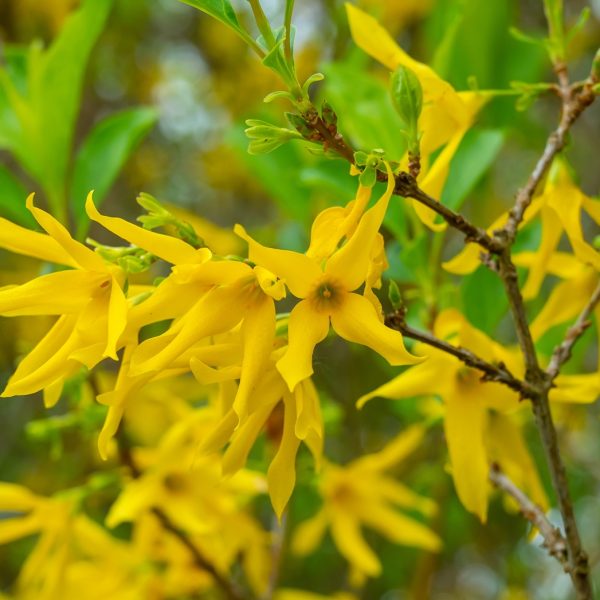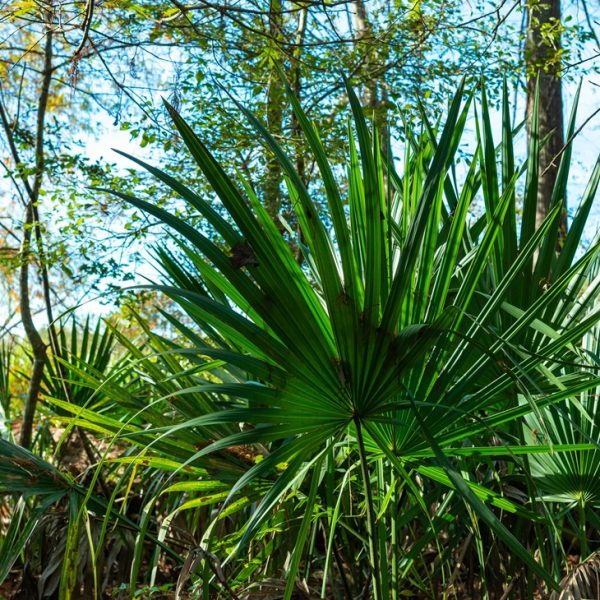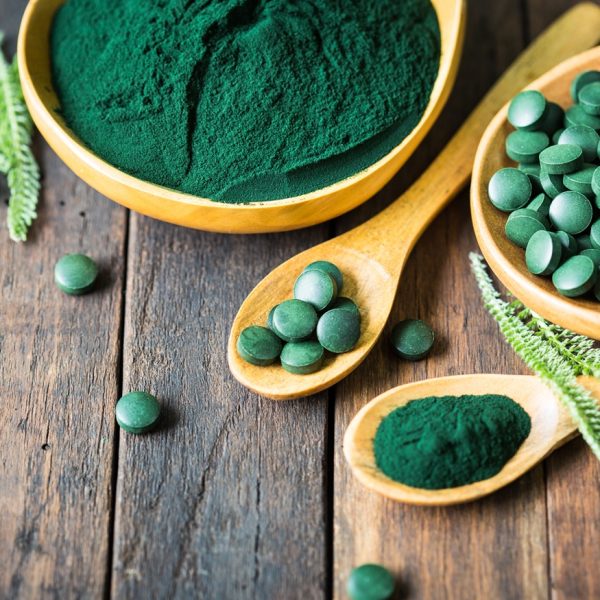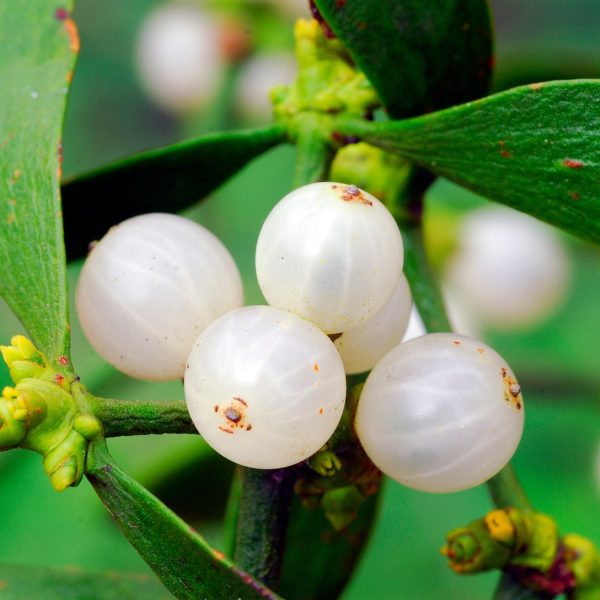
Mark Blumenthal explores the misapprehensions surrounding the safety and efficacy of herbal ingredients to help guide clinical use.
First identified in China in December 2019, a novel severe acute respiratory syndrome coronavirus 2 (SARS-CoV-2) causes coronavirus disease 2019 (COVID-19) quickly caused a pandemic. While scientific information about the virus has accumulated, a definitive cure remains elusive. Botanical supplements have been recommended in the context of COVID-19, but practically no clinical studies have been performed. This raised concerns over whether botanical supplements are safe and effective for prevention, as adjuvant therapy, or after exposure to SARS-CoV-2. This review addresses the misapprehensions surrounding the safety and efficacy of herbal ingredients to help guide clinical use.
Herbs

Echinacea (Echinacea spp., Asteraceae)
Preparations made from aerial and root parts of echinacea, mainly E. angustifolia and E. purpurea, are popular and scientifically supported options for the prevention and treatment of the common cold. Echinacea extracts contain a mixture of compounds with cytokine-suppressing and -inducing effects, suggesting that echinacea extracts and alkaloids may be useful for treating allergic and inflammatory responses. Echinacea extracts have also demonstrated immunosuppressive effects, which may be beneficial in COVID-19 patients where the inflammatory response is exacerbated. The risk of herb-drug interactions with echinacea is deemed low.
Elderberry (Sambucus nigra, Adoxaceae)
Elderberry juice has long been used as a diaphoretic in the treatment of the common cold. It also has immunomodulatory properties. Elderberry extracts have shown antiviral effects against influenza virus A and B in vitro and in human clinical trials. Despite these promising results, they cannot be extrapolated to suggest a positive effect in patients with COVID-19 as there are no scientific data available. The available evidence suggests there is a low risk of adverse effects when using elderberry before SARS-CoV-2 infection or in the early stages of infection.

South African geranium (SAG; Pelargonium sidoides, Geraniaceae)
SAG roots and rhizomes possess immunostimulant activity as assessed in several in vitro models. More than 30 clinical trials have been conducted with an SAG extract (Eps 7630®; Umckaloabo®; Dr. Willmar Schwabe GmbH & Co. KG; Karlsruhe, Germany) in the treatment of acute respiratory tract infections. The promising antiviral effects and strong safety profile of the extract warrant further clinical investigation.
Medicinal mushrooms and fungal preparations
Medicinal fungi are an expanding area of research, with oyster mushroom (Pleurotus ostreatus, Pleurotaceae); Ganoderma spp. (Ganodermataceae), chaga (Inonotus obliquus, Hymenochaetaceae); caterpillar fungus (Ophiocordyceps sinensis, Ophiocordycipitaceae); and maitake (hen-of-the-woods; Grifola frondosa, Meripilaceae) drawing the most interest. Other mushrooms have been clinically studied with focuses on the treatment of cancers, immunological diseases, and immune-adjuvant therapy. Clinical and animal studies have demonstrated that the bioactive polysaccharides or polysaccharide-protein complex from medicinal fungi enhance innate and cell-mediated immune responses. Data with chemically well-defined fungal ingredients in COVID-19 patients are needed to evaluate whether specific fungi could be beneficial.
Adaptogens

Adaptogens are natural compounds that increase the body’s adaptability, resilience, and survival in nonspecific ways. While more than 100 medicinal plants have been identified to possess apoptogenic activity, only a few have been shown to exhibit multitarget effects on the neuroendocrine-immune system. These include andrographis (Andrographis paniculata, Acanthaceae), eleuthero (Eleutherococcus senticosus, Araliaceae), ginseng (Panax spp., Zingiberaceae), rhodiola (Rhodiola rosea, Crassulaceae), schisandra (Schisandra chinensis, Schisandraceae) and ashwagandha (Withania somnifera, Solanaceae). In addition to affecting the immune response, the ability of these adaptogens to alleviate stress-induced mental and behavioral disorders is relevant as these conditions have increased due to the COVID-19 pandemic.
Licorice (Glycyrrhiza spp., Fabaceae)
Licorice spp., primarily Glycyrrhiza glabra, G. inflata, and G. uralensis, root contains bioactive compounds that possess anti-inflammatory and antiviral effects. β-Glycyrrhetinic acid, a metabolite of one of these components, may enhance the activity of hydrocortisone, suggesting that the coadministration may have a therapeutic effect in inflammatory lung diseases. More studies are needed to gain new insights on the potential role of licorice or its components in the treatment of COVID-19.
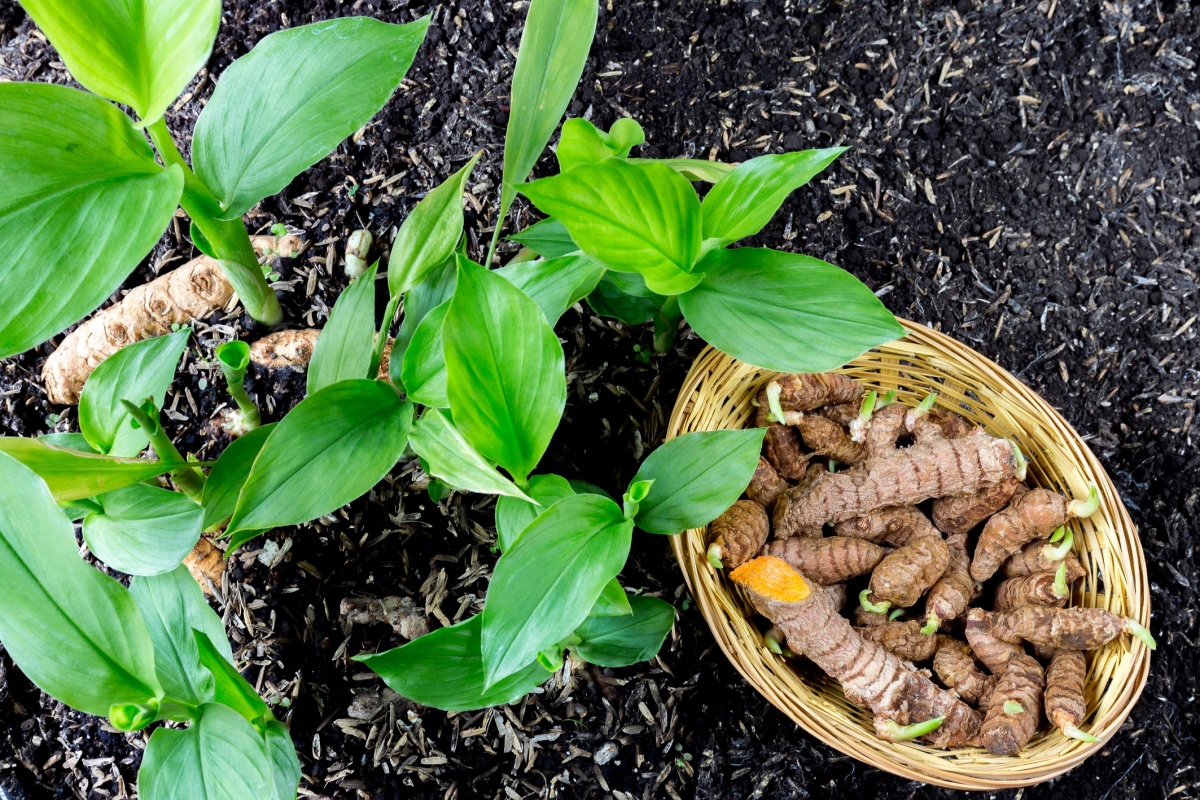
Turmeric (Curcuma longa, Zingiberaceae)
Curcumin, the main bioactive component of turmeric, has demonstrated activity against a variety of viruses by interfering with critical steps of the viral replication cycle. Curcumin also blocks cytokine release, which has translated to clinical improvements in animal models of diseases where a cytokine storm affects morbidity and mortality outcomes. Taken together, curcumin may theoretically be of benefit in COVID-19 pathophysiology and clinical manifestations.
Frankincense (Boswellia spp., Burseraceae)
Frankincense inhibits inflammation through the cyclooxygenase (COX) pathway. Most studies have reported moderate anti-inflammatory efficacy with frankincense as a mono-product and in combinations with other herbs, suggesting its use as a promising approach for the treatment of COVID-19-related inflammatory complications.
Salicylate drugs of botanical origin
A range of herbs contain salicylic acid derivatives. These include Willow spp. Salicaceae; meadowsweet (Filipendula ulmaria, Rosaceae); birch (Betula spp., esp. Betula lenta, Betulaceae); and wintergreen (Gaultheria procumbens, Ericaceae) oil. While preparations derived from these botanicals are often used externally, there is no evidence for negative side effects in the context of COVID-19.
Potential drug-herb interactions
There exists no evidence that the immunomodulating herbs discussed here would exacerbate a cytokine storm, and herb-drug interactions are not expected.
Botanical drugs and supplements continue to gain interest from researchers as potential therapeutic agents for SARS-CoV-2 drug development. Still, research exploring the mechanisms of action and efficacy of these herbs in the content of SARS-CoV-2 exposure is needed. In either case, despite the lack of strong clinical data to support active recommendations, the current evidence suggests these botanicals are safe enough to permit use by the public with the appropriate caution.
The authors declare no conflicts of interest.

